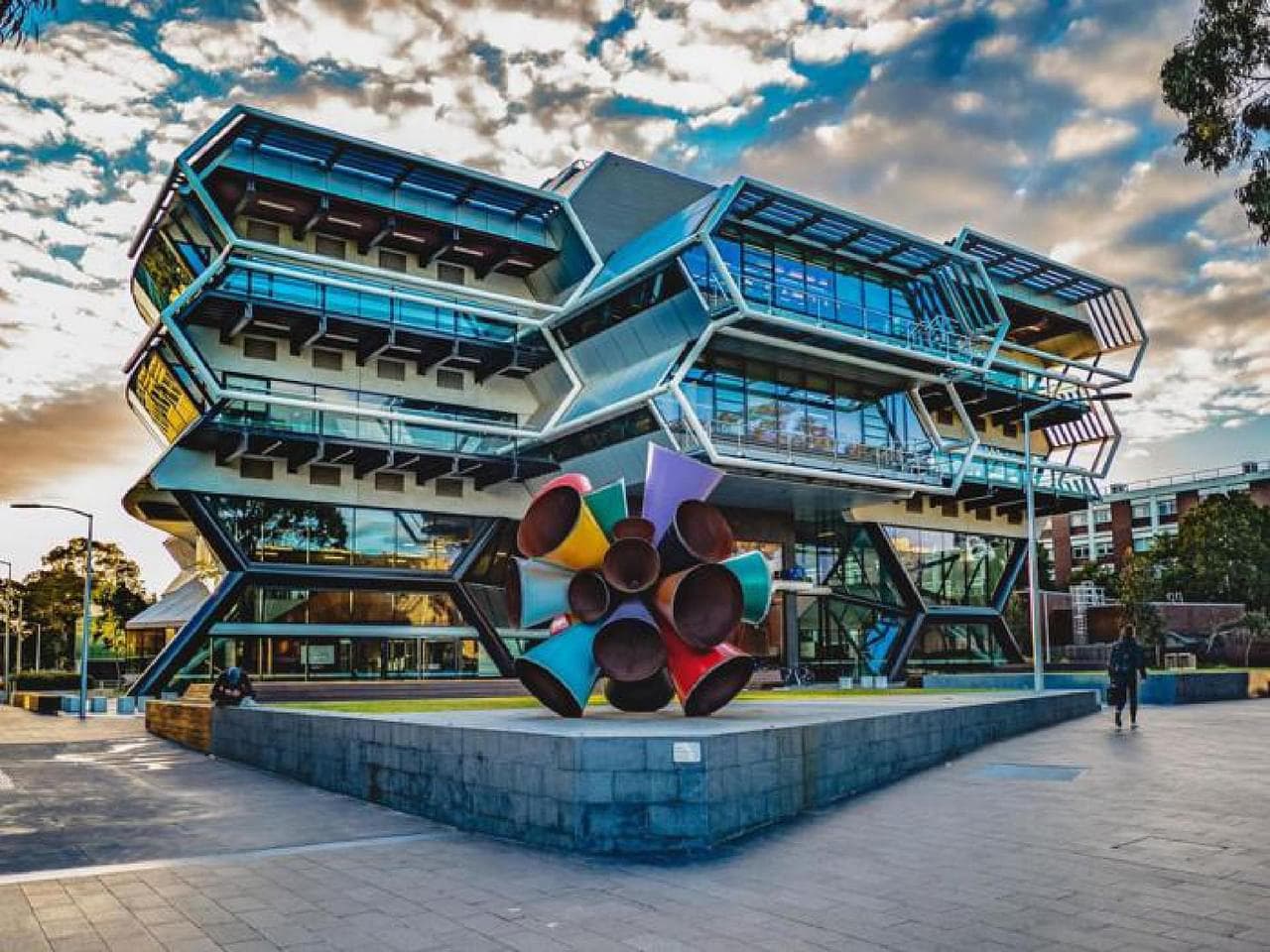The Bachelor of Engineering (Honours) is a specialist course that develops through four themes that combine to underpin engineering practice: Fundamentals and foundational skills, Design, Knowledge and applications, and Professional Practice.
- A. Engineering fundamentals and foundational skills
These will develop your understanding of natural and physical sciences, mathematics, numerical analysis, statistics, and computer and information sciences that underpin all engineering disciplines.
- B. Engineering design
This will develop the engineering techniques, tools and resources for the conduct, design and management of engineering design processes and projects, both in the industrial setting and in the development of research experiments.
- C. Engineering knowledge and application
This will provide in-depth knowledge of the specific engineering methods of a branch of engineering, and will integrate the specific engineering methods and discipline knowledge into practice. You will develop skills to identify and apply knowledge of contextual factors impacting the engineering discipline. Additionally, your studies will focus on your understanding and application of the scope, principles, norms, accountabilities and bounds of contemporary engineering practice in your discipline.
- D. Professional practice
This will develop your skills in readiness for the engineering workplace. You will develop skills in effective team membership and team leadership, the use and management of commercially relevant data, and the legal responsibilities of engineers. This study will integrate the theme 'Engineering knowledge and application' with your specialist field of engineering.
The Bachelor of Design is a specialist course that develops through theme studies in History and theory, Drawing foundation, and Design studios specific to each of the specialisations. These will come together in the form of a graduand exhibition normally developed during the final two studio units in the third year of the course.
- A. History and theory studies
History and theory units will equip you with the skills necessary to research design issues, and enable you to contextualise your own practice and communicate ideas and strategies. Through the prism of history, you will begin to situate the place of design in society by referencing pivotal art, design and architecture movements. Later units address issues of culture, society and specific design themes.
- B. Drawing foundation
This will assist you to develop the practical and intellectual skills required by art, design and architecture students in the discipline of drawing.
- C. Design studios
This is the component of the course through which you will develop key skills and concepts particular to your design discipline.
In the communication design studio units you will undertake a focussed exploration of a range of media and elements including typography, image, layout, two and three-dimensional design, interactivity, sound and motion as core components to their communication design solutions. Studio-based projects across both print and digital media platforms will develop skills in narrative structure, typography, image construction and manipulation, interactive communication processes, production methods and technologies, and the planning and management of design outcomes.
In the industrial design studio units you will undertake a focussed exploration of the range of issues, skills and techniques vital to the realisation of user-centred design. Through industrial design projects, you will learn about topics such as visualisation techniques, ergonomics, materials, production methods and technologies.
